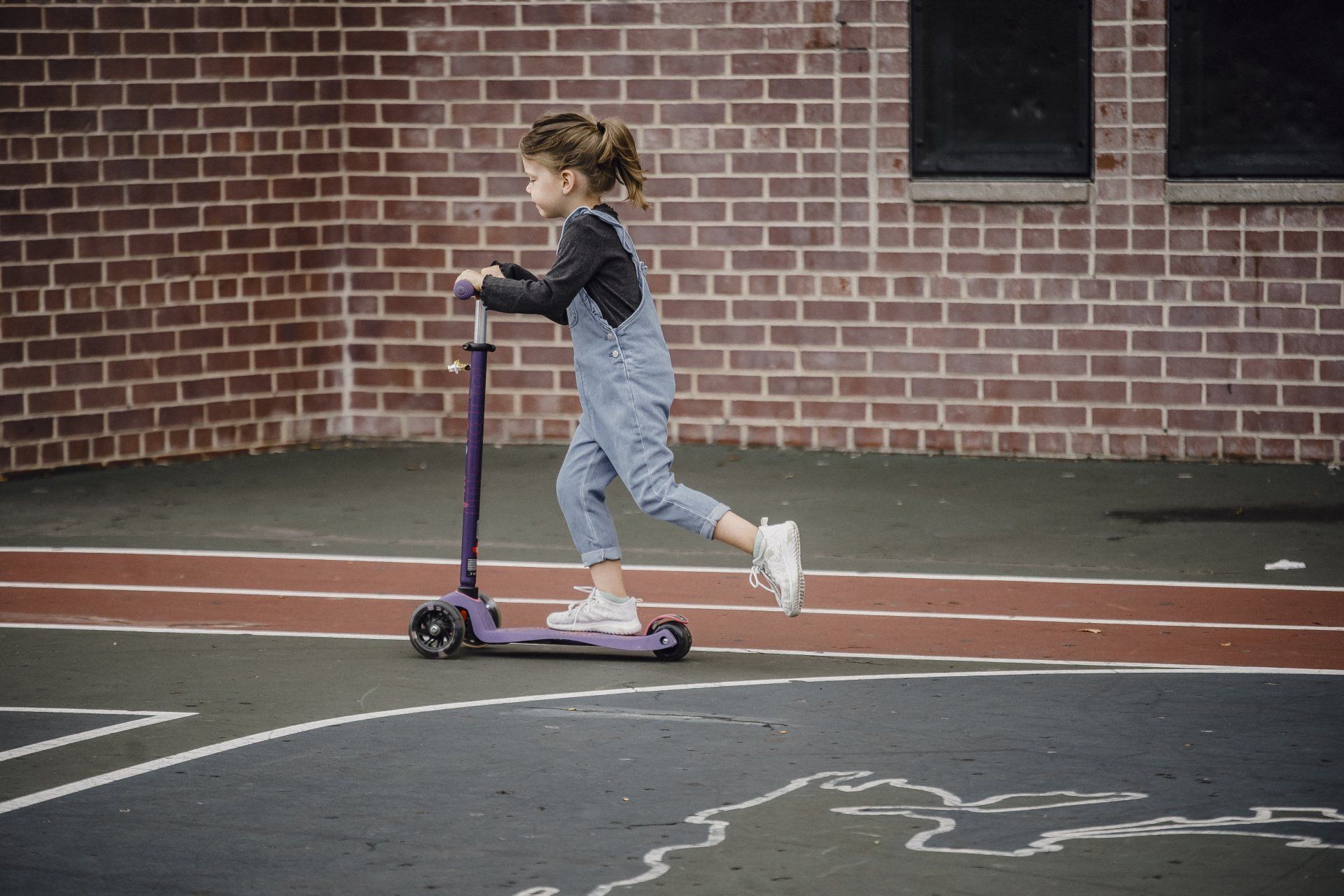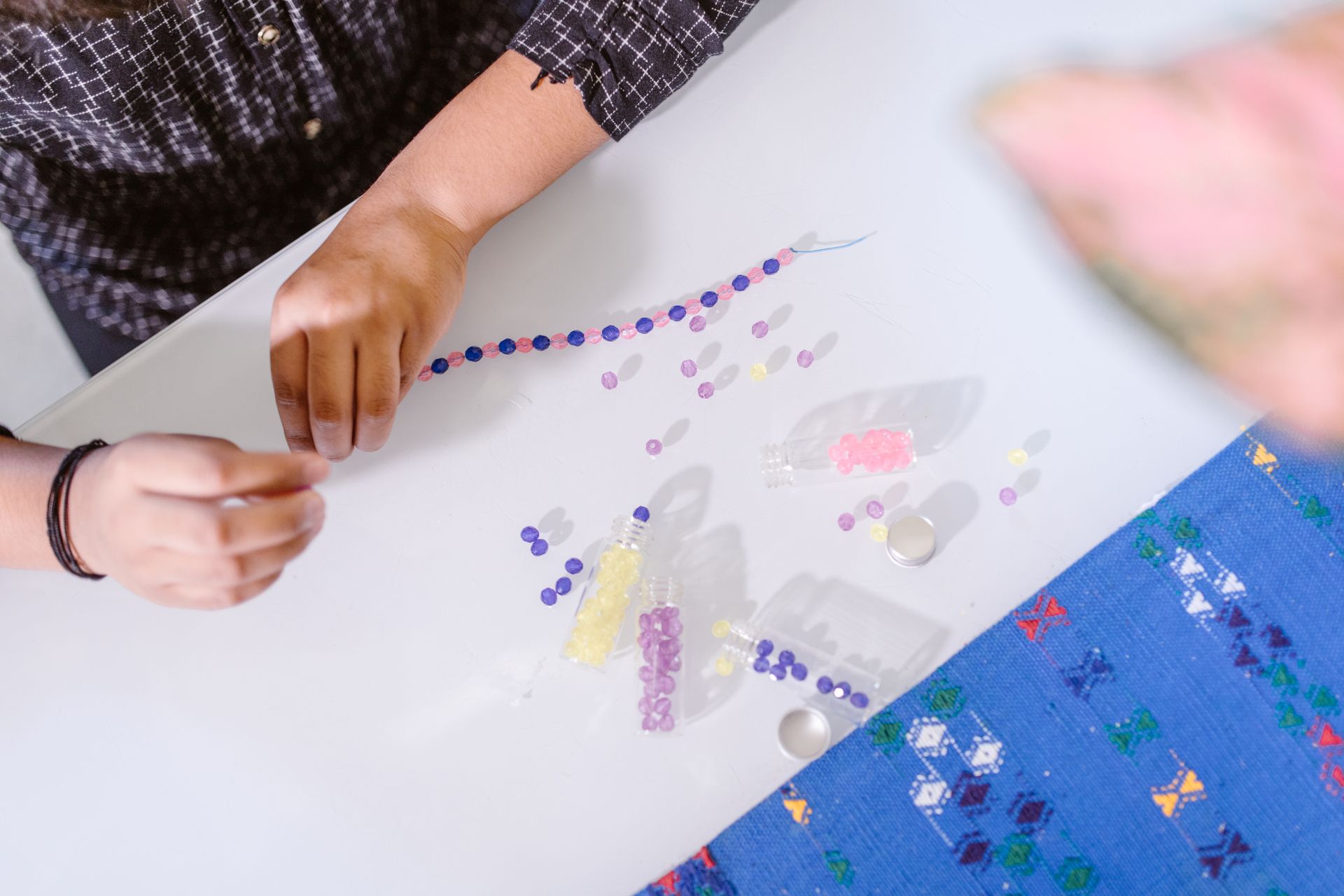Effective Strategies for Building Resilience and Confidence in Children
Strategies for Building Resilience and Confidence in Children

Resilience and confidence are essential qualities that significantly contribute to a child's ability to navigate life's challenges and achieve their full potential. In early childhood, these traits lay the foundation for emotional health and well-being. This blog aims to provide practical strategies that parents and early years educators can use to build resilience and confidence in children aged 0-5. By implementing these approaches, you can help foster a supportive environment that promotes healthy development and long-term success.
Understanding Resilience and Confidence in Early Childhood
Resilience is the ability to recover from setbacks, adapt to change, and keep going in the face of adversity. For young children, resilience means being able to manage emotions, solve problems, and seek help when needed. Confidence, on the other hand, is the belief in one's abilities and potential. It is crucial for developing a positive self-image and the courage to try new things. Both resilience and confidence are interconnected; resilient children are often more confident because they know they can handle challenges, and confident children are more likely to develop resilience through their experiences.
Resilience helps children cope with stress and adversity, enabling them to bounce back from difficult situations. It empowers them to face challenges head-on and emerge stronger. Confidence, meanwhile, is crucial for developing a sense of self-worth and competence. When children believe in their abilities, they are more likely to take on new challenges, which in turn helps them build resilience. Together, resilience and confidence form the foundation for emotional health and success in later life.
Creating a Supportive Environment
A nurturing and safe environment is crucial for building resilience in children. Here are some strategies to create such an atmosphere:
Consistent Routines and Predictability
Establishing daily routines helps children feel secure and understand what to expect, which is fundamental for their emotional stability. Routines provide a sense of normalcy and predictability, which can be comforting for young children. Knowing what comes next in their day can reduce anxiety and help them feel more in control. For example, having a consistent bedtime routine can make it easier for children to settle down and get a good night's sleep.
Open Communication and Active Listening
Encourage children to express their feelings and thoughts. Listen actively to show that their voices matter, which boosts their confidence and helps them manage emotions. Create a safe space where children feel comfortable sharing their experiences and emotions. This could involve setting aside regular times to talk, such as during meals or before bedtime. By listening attentively and validating their feelings, you can help children feel understood and supported.
Encouraging Positive Self-Esteem
Fostering a positive self-image is vital for confidence. Here are some techniques:
Affirmations and Positive Reinforcement
Regularly use affirmations to remind children of their strengths. Praise their efforts and achievements, no matter how small. Positive reinforcement can boost self-esteem and motivate children to keep trying. For example, you might say, "You did a great job cleaning up your toys!" or "I love how hard you worked on that puzzle." Celebrate their successes and remind them of their strengths, helping them to build a positive self-image.
Celebrating Small Achievements and Milestones
Recognize and celebrate children's accomplishments. This could be learning a new skill or simply making an effort. It shows them that their hard work pays off. Celebrating achievements, no matter how small, can reinforce a child's sense of competence and encourage them to take on new challenges. Create a "success wall" where you display their drawings, certificates, and other achievements to remind them of their progress.
Teaching Problem-Solving Skills
Problem-solving is an essential skill that contributes to resilience. Here are ways to teach it:
Age-Appropriate Puzzles and Challenges
Introduce puzzles and games that are suitable for their age. These activities encourage critical thinking and perseverance. Puzzles and games can help children develop problem-solving skills and learn to approach challenges methodically. Choose activities that are challenging but not frustrating, and offer support and guidance as needed. For example, building blocks or simple jigsaw puzzles can be great tools for developing problem-solving abilities.
Encouraging Decision-Making in Daily Activities
Involve children in decision-making processes, such as choosing what to wear or what games to play. It empowers them to take charge of their choices and learn from outcomes. Giving children opportunities to make decisions helps them develop confidence in their abilities and learn to think critically. Start with small choices, such as selecting a snack or picking a bedtime story, and gradually increase the complexity of decisions as they grow older.
Building Emotional Intelligence
Emotional intelligence helps children understand and manage their emotions. Here are some activities:
Storytelling and Role-Playing
Use stories and role-playing games to help children recognize and discuss different emotions. It teaches them empathy and emotional regulation. Storytelling can be a powerful tool for teaching children about emotions and how to handle them. Choose stories that explore a range of emotions and discuss the characters' feelings and actions. Role-playing can also help children practice responding to different emotional situations, such as sharing or taking turns.
Mindfulness Exercises for Young Children
Simple mindfulness practices, like deep breathing or focusing on sensory experiences, can help children stay calm and centered. Mindfulness exercises can help children develop self-awareness and learn to manage their emotions. Try simple activities such as "breathing buddies," where children lie down with a stuffed animal on their belly and watch it rise and fall as they breathe. This can help them focus on their breath and calm their minds.
Promoting Social Skills and Peer Relationships
Social interactions are crucial for confidence. Here’s how to encourage them:
Cooperative Play and Group Activities
Engage children in activities that require teamwork. It helps them learn to cooperate and build positive relationships. Cooperative play can help children develop social skills and learn to work with others. Activities such as building a tower together, playing a group game, or working on a shared art project can encourage cooperation and communication.
Teaching Empathy and Sharing
Model and encourage empathetic behavior and sharing. Use daily situations to teach these values, fostering a sense of community and mutual respect. Teach children to recognize and understand others' feelings by talking about emotions and modeling empathetic behavior. Encourage them to share and take turns, and praise them for showing kindness and consideration towards others.
Handling Setbacks and Failures
Teaching children to cope with failures constructively is key to resilience:
Reframing Failures as Learning Opportunities
Help children view setbacks as chances to learn and grow. Discuss what can be learned from mistakes. Reframing failures as learning opportunities can help children develop a growth mindset. Instead of seeing mistakes as negative, encourage them to think about what they can learn and how they can improve. For example, if a child struggles with a task, discuss what went wrong and how they can approach it differently next time.
Providing Comfort and Encouragement
Offer support and reassurance when children face difficulties. Let them know it’s okay to fail and encourage them to try again. Providing comfort and encouragement can help children build resilience and learn to persevere through challenges. When they face setbacks, offer a listening ear and words of encouragement. Remind them that everyone makes mistakes and that it's part of the learning process.
Conclusion
Building resilience and confidence in children aged 0-5 requires a combination of supportive environments, positive reinforcement, and practical skills. By incorporating these strategies into daily routines, parents and educators can help children develop the emotional tools they need to thrive. Remember, the long-term benefits of nurturing these traits in early childhood are profound, laying a solid foundation for future success and well-being. By fostering resilience and confidence, we equip our children with the skills to face life's challenges with courage and determination.
FAQ
How can I help my child deal with disappointment?
- Acknowledge their feelings, offer comfort, and discuss what happened. Encourage them to think about what they can do differently next time.
What are some signs of low self-esteem in young children?
- Signs include reluctance to try new things, frequent negative self-talk, and excessive seeking of approval.
How can I encourage my child to be more independent?
- Give them age-appropriate responsibilities and celebrate their efforts. Encourage problem-solving and decision-

















